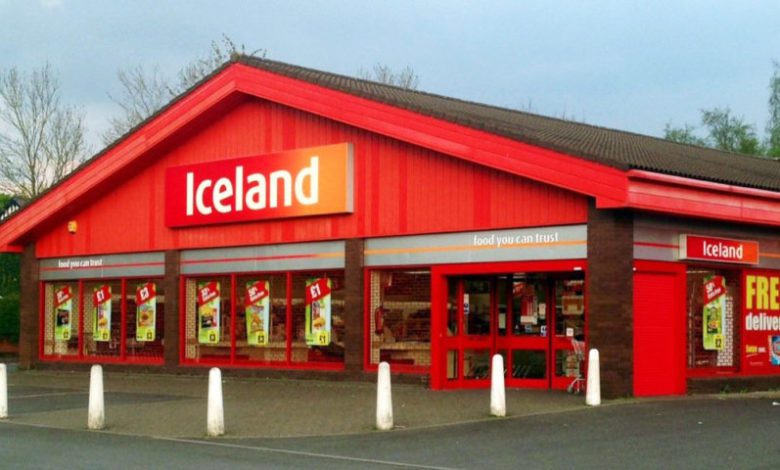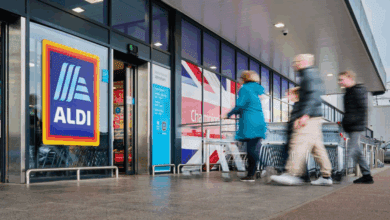Iceland’s debt rating downgraded as it falls to pre-tax loss
Operating profit also dropped year-on-year from £111.3m to £36.9m, and adjusted EBITDA fell from £171.9m to £127.1m

Register to get 1 free article
Reveal the article below by registering for our email newsletter.
Want unlimited access? View Plans
Already have an account? Sign in
Iceland’s debt rating has been downgraded by Moody’s as its newly filed accounts showed Iceland Foods fell to a pre-tax loss of £4.1m for the 52-week period ended 25 March 2022, compared to a profit of £73.1m in the prior year.
Sales dropped 4.3% from £3.7bn to £3.5bn year-on-year, compared with a period of “exceptional” demand in the retail channel following Covid-related lockdowns and restrictions in the prior year.
Operating profit also dropped year-on-year from £111.3m to £36.9m, and adjusted EBITDA was £127.1m in FY22, which is down from £171.9m last year. Iceland said that EBITDA performance improved progressively compared to last year, after a substantial decline in Q1, and was broadly flat in the final 12 weeks.
Expenses totalled £30m in the year, comprising intercompany loans, Covid costs, costs associated with HGV driver shortages, and business restructuring and property costs.
Meanwhile, Iceland saw “record-breaking” Christmas sales in Q3 and continued to “trade well” through the final quarter, with improving in-store transactions offsetting a reduction in online demand.
Additionally, sales benefitted from the 19 new stores which opened during the previous financial year, including 13 new The Food Warehouse stores, five Iceland stores, and one Swift convenience store.
Moody’s said: “The negative outlook reflects the risk that Iceland’s profitability may remain depressed over the next 12-18 months and that its currently still adequate liquidity profile could deteriorate driven by negative free cash flows and the need to refinance outstanding debt.
“The company’s already weak credit metrics, and in particular its interest cover and free cash flows, would likely come under more pressure if the company is unable to refinance at similarly low rates.”
Iceland said: “Like other retailers, we were adversely affected in the second half by the surge in Covid-related sickness and self-isolation in the run-up to Christmas, with product availability issues and increased absence rates among our own home delivery drivers both creating significant challenges in making deliveries from stores during December.
“Looking beyond the challenges of the current year, we have a very clear and comprehensive strategy in place to increase the profitability of the company by protecting our core Iceland retail business while simplifying the operation of its smaller and quieter stores.”







